Benefits of Minimally Invasive Cardiac Bypass Surgery (MICS)
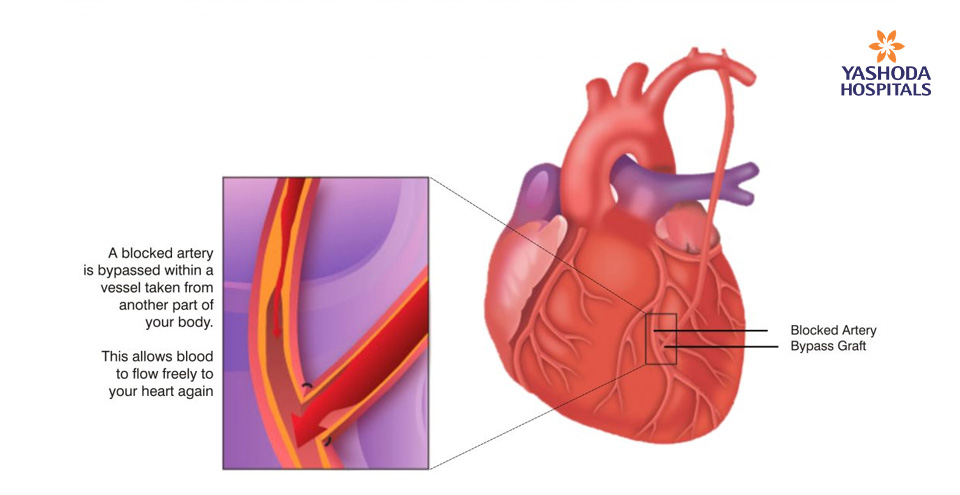
Minimally invasive surgery, an innovation of the recent times, makes the surgical procedures less traumatic. The minimally invasive Heart Bypass Surgery or Cardiac surgery (MICS) is different to the conventional cardiac surgeries where the breast bone is split into two (sternotomy). The sternotomy incisions range from 8 to 10 inches, while the MICS incisions are only 3 to 4 inches.
The Minimally Invasive Cardiac Surgery also called as Coronary Artery Bypass Grafting (CABG) is considered as safe and effective. This procedure involves bypassing the blocked artery by creating a new artery for blood flow. The new artery will supply oxygenated blood and nutrients to the heart muscles.
To create a bypass artery, an artery/vein or graft is taken from another part of the patient’s body. The artery/vein for bypass is taken from the chest wall or the great saphenous veins. Each graft or artery/vein extracted from the body has a life of 10 – 12 years.
Both, Sternotomy and MICS offers the same benefits to the patients. However, the Minimally Invasive Cardiac Surgery is considered as advancement over Sternotomy, with an offer of greater flexibility to the surgeons to work on the beating heart or through small incisions.

Benefits of Minimally Invasive Heart Bypass Surgery:
Shorter timeframes: Patients undergoing Minimally Invasive Cardiac Surgery can be discharged from the hospital in 2 to 3 days of operation. This is much shorter than sternotomy procedure where the patient has to wait for 5 to 10 days for discharge from the hospital.
Early Recovery of the Patient: The Minimally Invasive Cardiac Surgery avoids the use of heart-lung machine, and makes use of a smaller incision, which means reduced risks and complications in the post-operation phase. Post MICS, the patients can come back to their normal life activities in 2 weeks, which is greatly shorter than 6 – 8 weeks of Sternotomy.
Little scope for infections: As Minimally Invasive Cardiac Surgery involves making a small incision; there is little scope for the tissue’s exposure to infection.
Greater patient coverage: Greater number of patients can avail Minimally Invasive Cardiac Surgery, as it suits people with illness, physical weakness, and averse to blood transfers.
Cost effective: The Minimally Invasive Cardiac Surgery is highly cost effective, and considered to be 25% less than sternotomy procedure.
A major challenge associated with cardiac surgeries is to perform the same on a beating heart. Especially, the process to suture or sew on the beating heart was never so easy. A recent innovative method has been to stabilize only the portion of the heart where the operation is done.
Minimally Invasive Cardiac Surgery includes the continuation of the procedure with heart beat in progress, and totally no use of the heart-lung machine. Definitely, the success of each MCIS procedure depends on the professional maturity and procedural expertise of the cardiac surgeon and the supporting staff associated with the procedure.
Yashoda Hospitals Hyderabad offers completely value-driven and highly comprehensive cardiac care. Yashoda Hospitals has achieved the distinction of performing maximum number of minimally invasive cardiac surgeries. With more than 40,000 procedures completed every year, Yashoda heart hospitals in hyderabad is recognized as the First Inter-State Heart transplantation Center in the region.
Yashoda Hospitals Hyderabad is also the leading center for Heart-Lung Transplantations, with world-class facilities for Ventricular Assist Devices (VADs), Pacemaker and ICDs implantations. A dedicated Heart Rhythm Clinic, and PTE procedures in Pulmonology Embolism in collaboration with surgeons of Duke University, USA establishes Yashoda Hospitals distinction in cardiac care.
You may also like to read about risks and benefits of heart surgery.



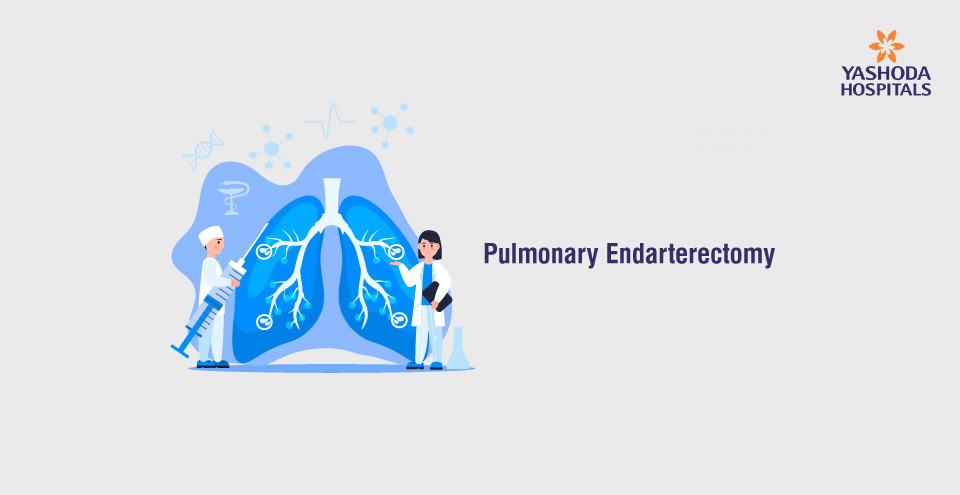

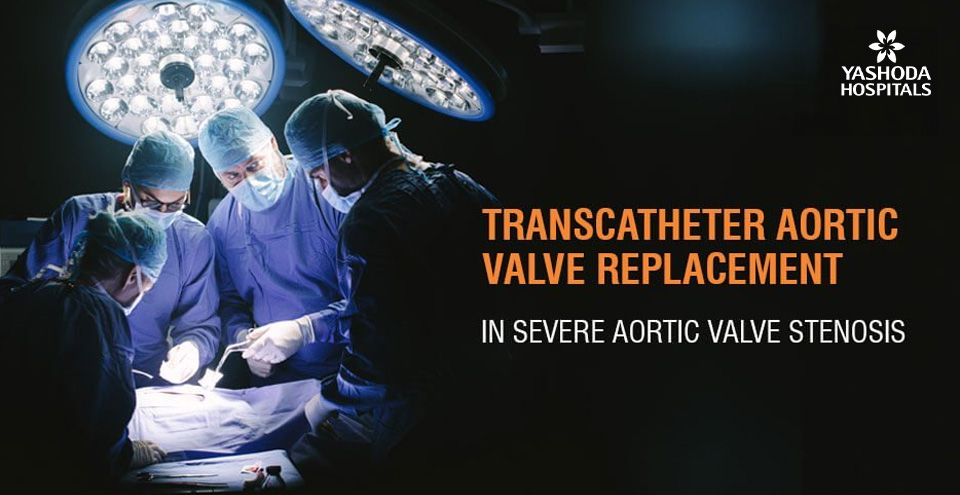
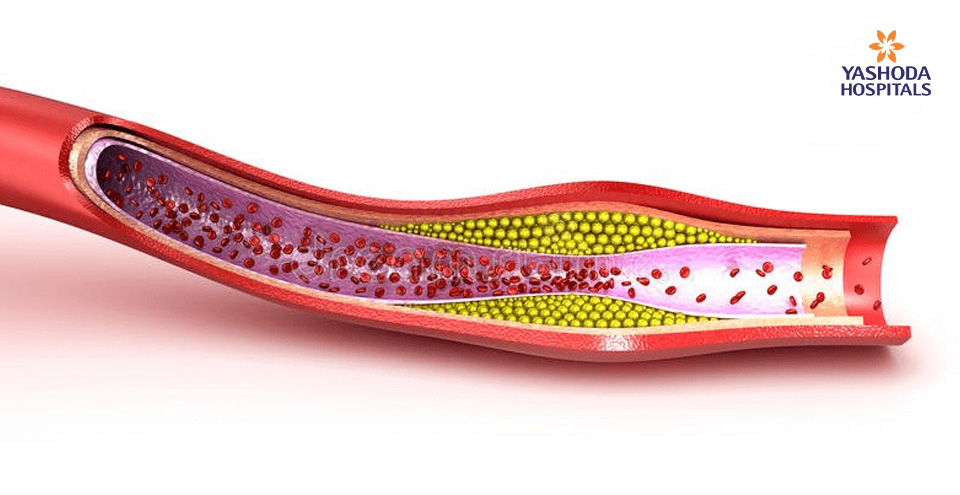

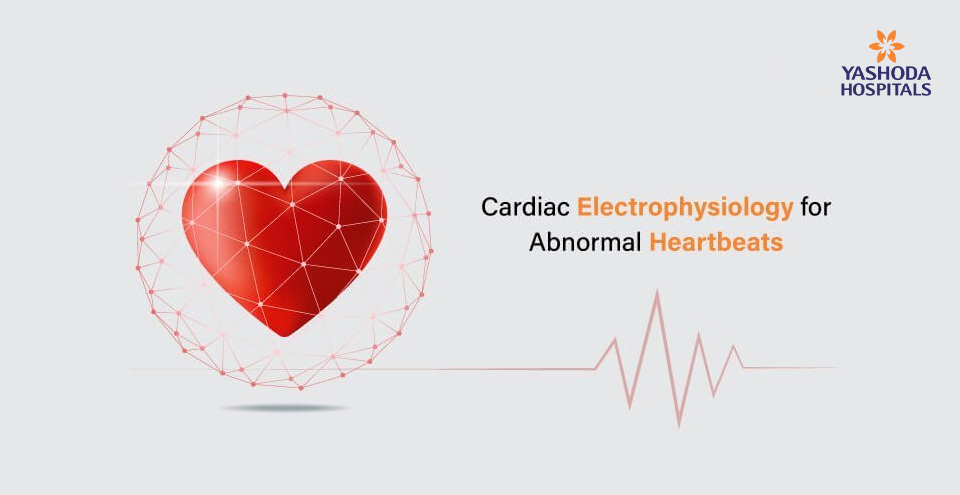
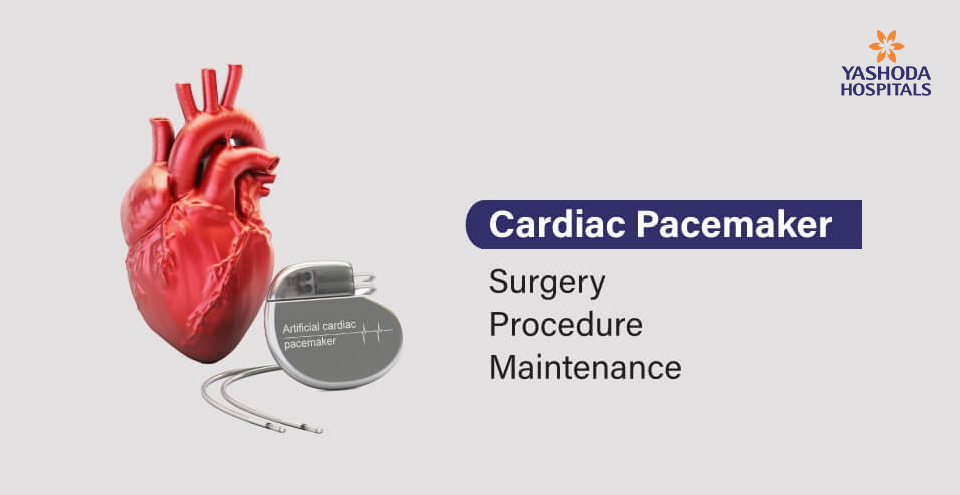
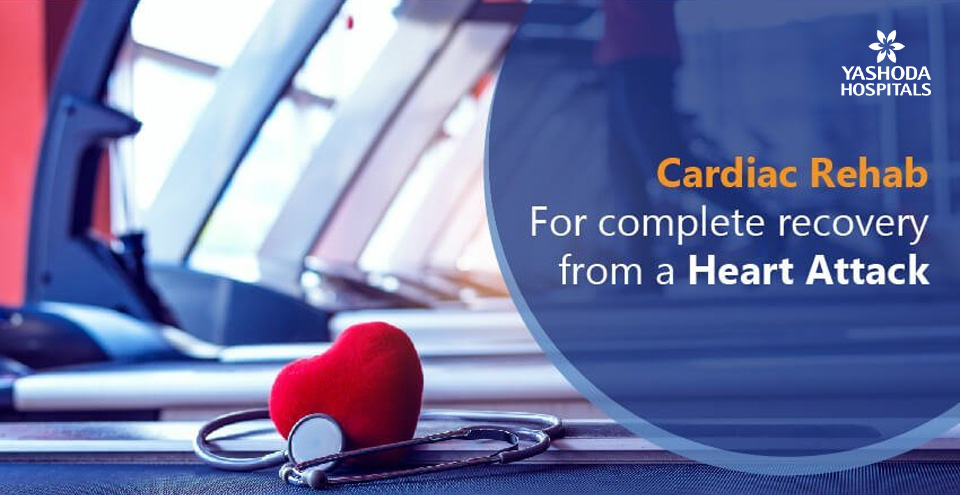


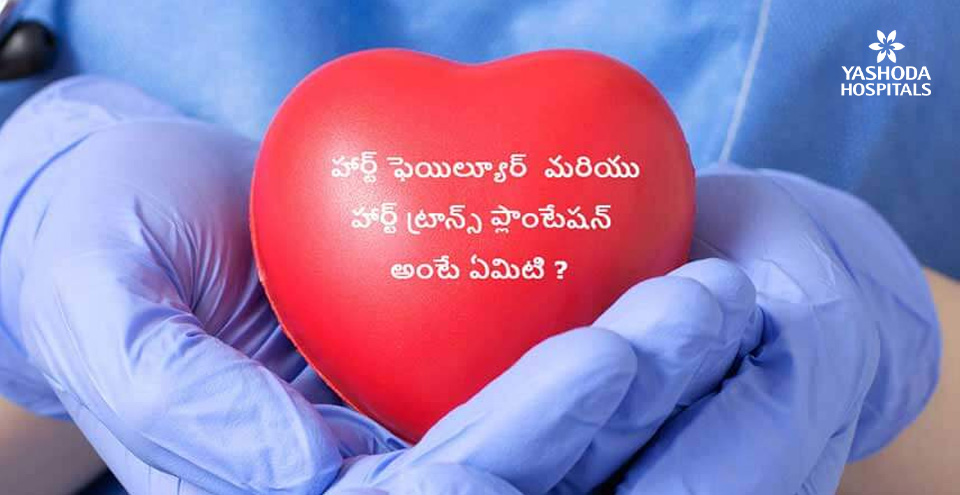
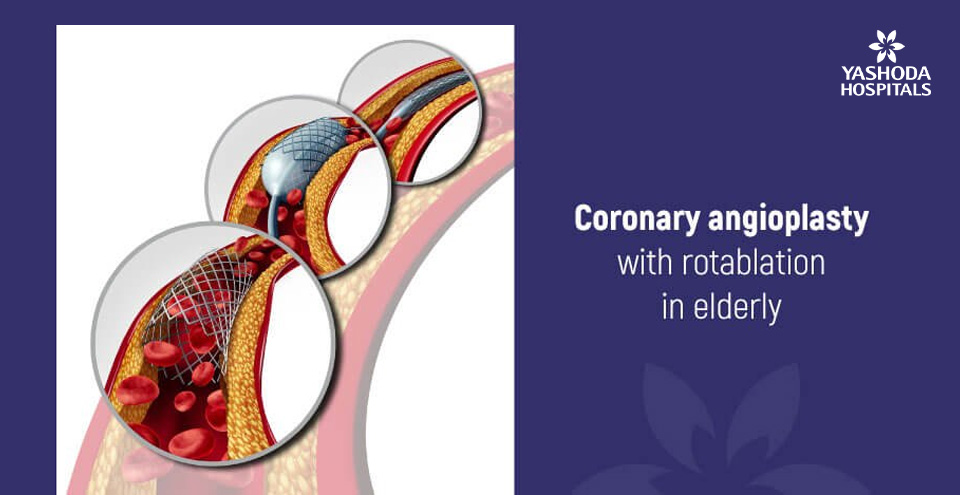
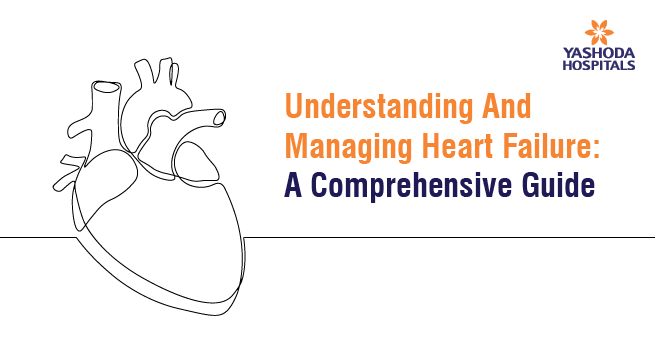
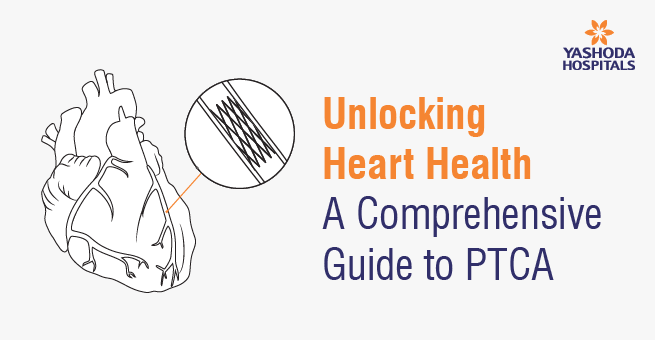
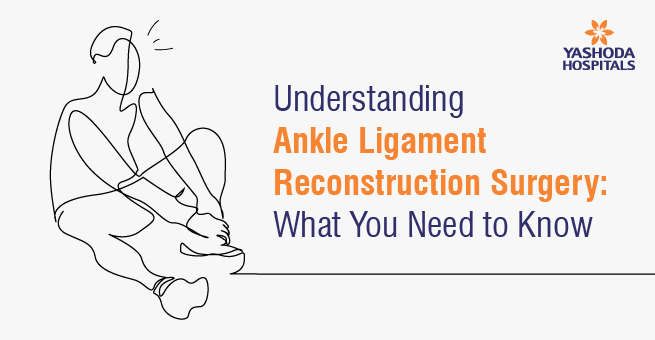

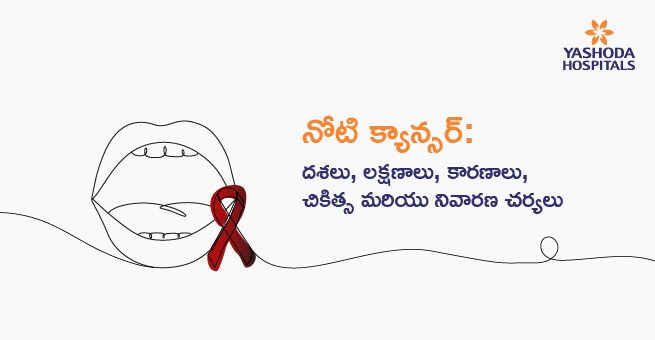
 Appointment
Appointment Second Opinion
Second Opinion WhatsApp
WhatsApp Call
Call More
More





